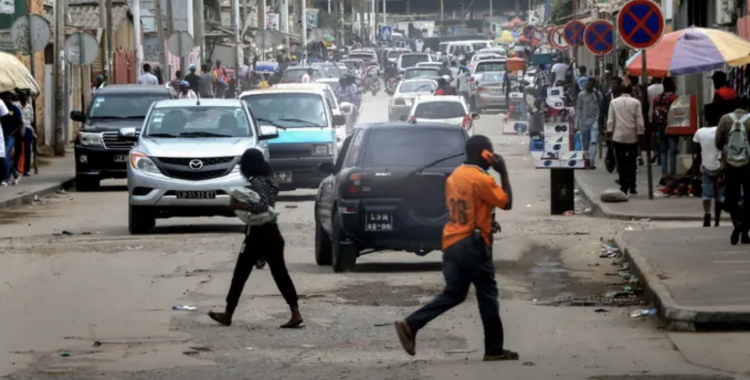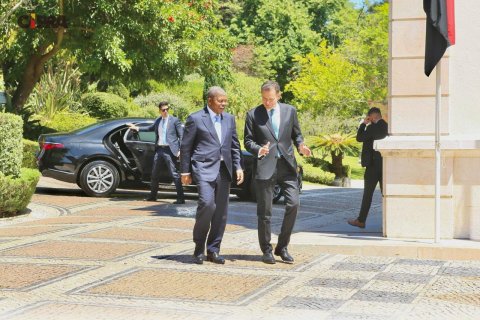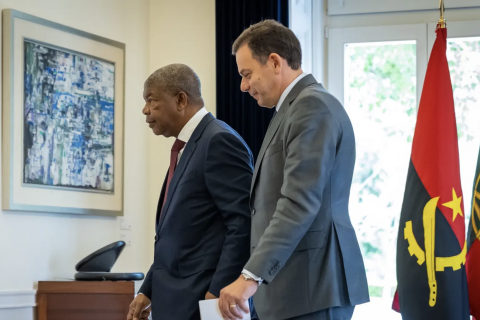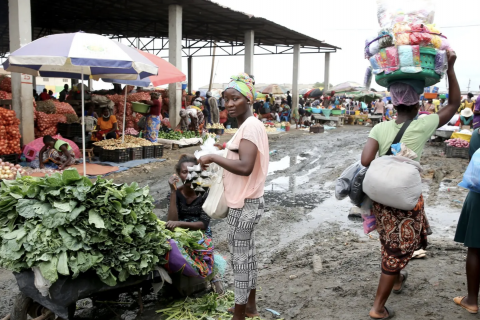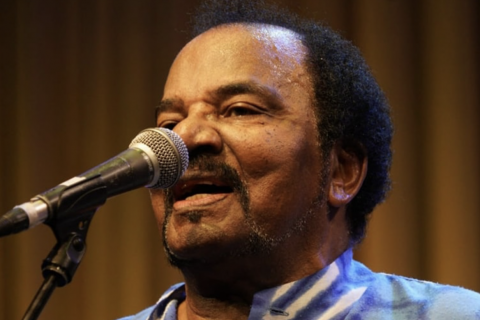A press release states that citizens organized into representative groups and organizations can submit legislative initiative bills to the National Assembly, "under terms to be defined by law," according to the Constitution of the Republic of Angola. However, there is no law in the Angolan legal system regulating their processing.
In the statement, the movement emphasizes that this omission has persisted for 15 years since the promulgation of the 2010 Constitution of the Republic of Angola, stating that the main culprits for this violation are "the National Assembly and the President of the Republic, who have legislative initiative and have never exercised it."
According to Mudei, "the signatories of the proposed legislative initiative submitted to the National Assembly on May 27, 2025, filed a public liability action for damages arising from the exercise of their legislative function," under the terms established in the Constitution and the Law on the Legal Framework for the Liability of the State and Other Legal Entities, "because [the legal articles in question] are being ignored, in a flagrant illegality."
About two months ago, more than 500 citizens jointly submitted to the National Assembly a proposed legislative initiative from a citizens' group regarding amendments to the organic law on general elections.
Furthermore, they requested the Constitutional Court on Tuesday for an unspecified injunction against the National Assembly to temporarily suspend discussion of the electoral legislative package until their proposal was included.
In the precautionary measure, the applicants state that they seek "the inclusion of their ideas for the purpose of drafting a law that respects national and international legal instruments and prevents post-election conflicts."
The National Assembly began on Monday the discussion and voting on legislation related to the electoral legislative package, which includes six bills and proposals initiated by the executive branch and the parliamentary group of the National Union for the Total Independence of Angola (UNITA).
According to the document, the legislative omission of ordinary law regarding proposed bills initiated by citizens means that their admissibility is direct, meaning that, in this case, the Constitution applies directly.
"Given the repeated indifference of institutional channels to the legitimate concerns of civil society, it is now imperative that citizens explore alternative forms of democratic participation and pressure," including "spontaneous symbolic protests and peaceful demonstrations" and "civic awareness and mobilization campaigns in the media and digital platforms," the statement states.
"When institutions fail, active citizenship becomes the last bastion of democracy," it adds.

